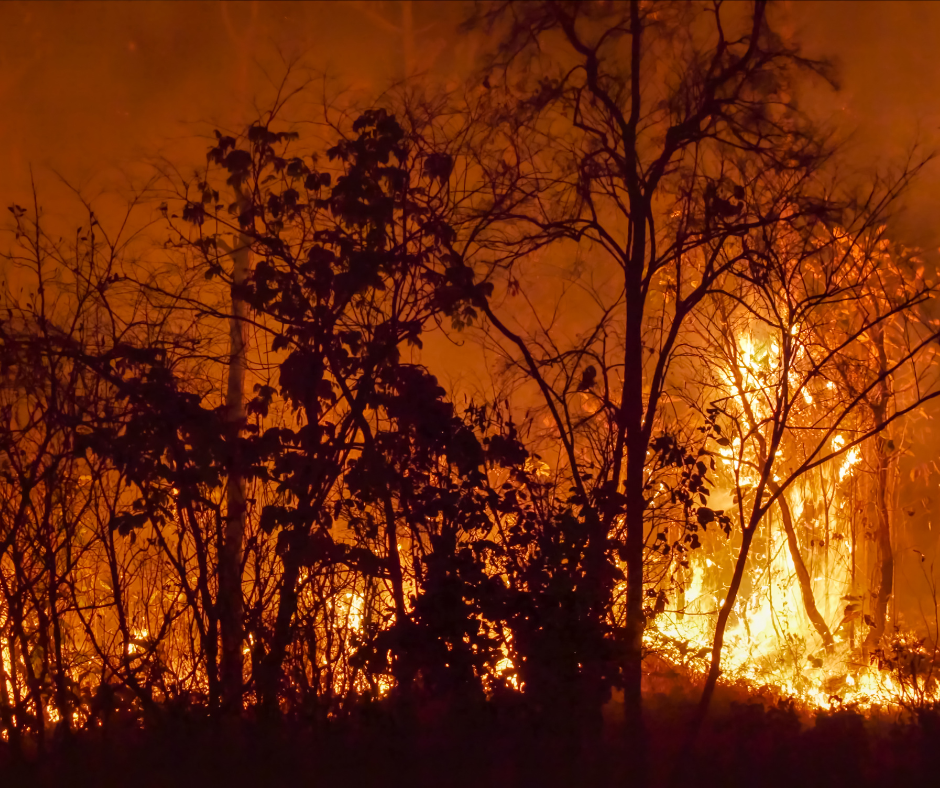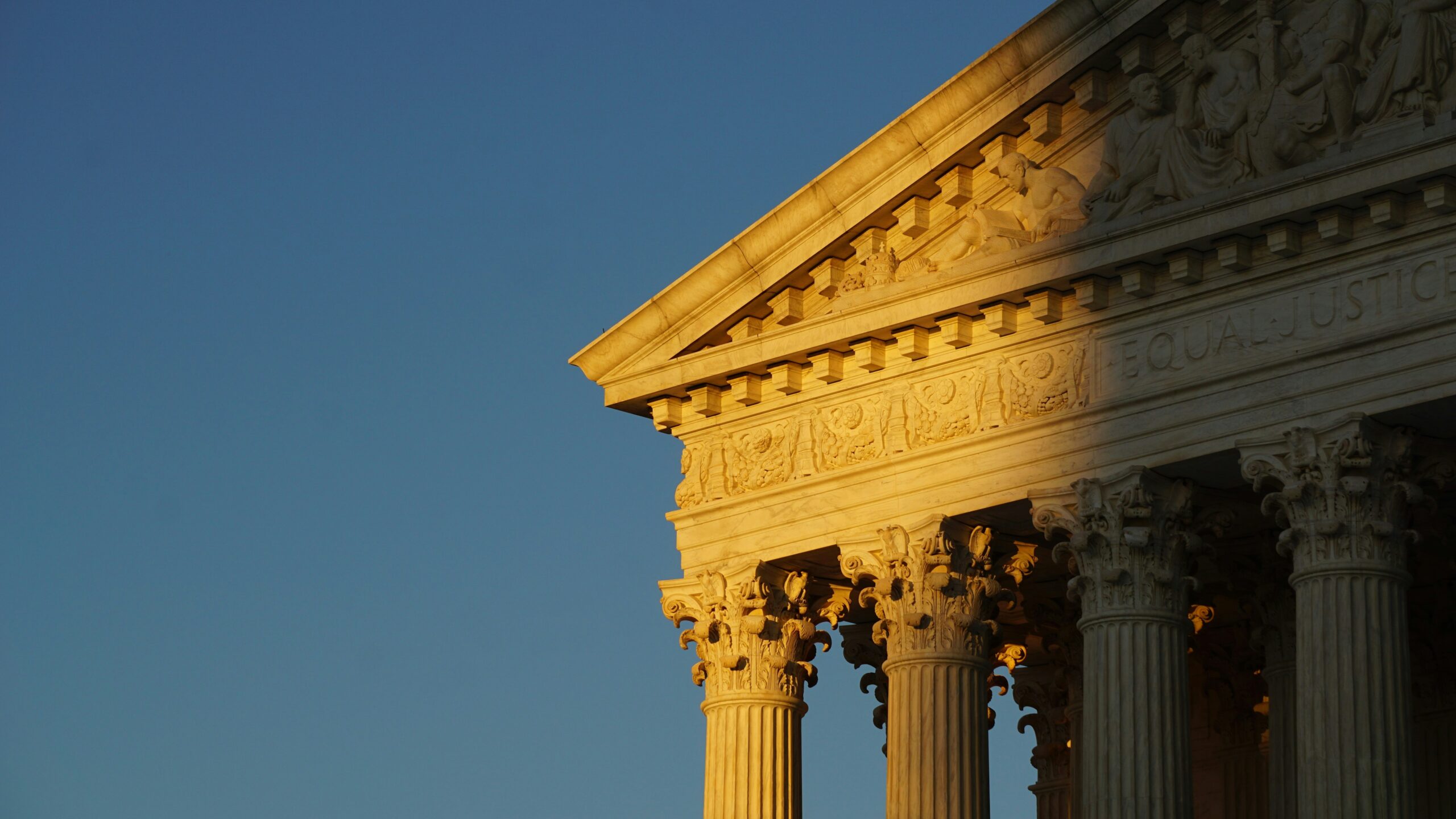Wildfire Liability in California: A Primer
California has a unique approach to lawsuits against utilities for causing fires.
The fires in L.A. have put litigation over wildfires on the front page and spotlighted California’s unique approach. But such litigation isn’t new. In 2019, Pacific Gas & Electric filed for bankruptcy because of billions of dollars of potential liability from fires the previous summer. The firm was faced with 750 lawsuits, ultimately entering a $13.5 billion settlement. Lawsuits in other states have ranged into the $100 million range and above, but California�...
CONTINUE READINGMore state and local attention to financing can advance sustainable groundwater management
In 2014, California passed the Sustainable Groundwater Management Act (SGMA), a law that establishes a statewide framework for advancing the long-term availability of the state’s groundwater resources. SGMA’s framework provides local government with relative flexibility to manage its groundwater resources, but gives state agencies oversight authority and the right to intervene. SGMA requires local Groundwater Sustainability Agencies (GSAs)to develop groundwater s...
CONTINUE READINGDoug Burgum Explains It All For You
Is the Interior Secretary loony or cynical? We report, you decide.
Worried about the state of the National Park System? Concerned about whether Elon Musk’s chainsaw is destroying irreplaceable groves of Sequoias? Have no fear! Under criticism for staff cuts across the country, Interior Secretary Doug Burgum is directing national parks to “remain open and accessible” and says officials will ensure proper staffing to do so. The order, issued late Thursday, also calls for a detailed review of each park’s operating hours, trail ...
CONTINUE READINGThe Mirage of Trump’s State Climate Law Executive Order
There is no overreach.
On Tuesday, the White House released an Executive Order titled “Protecting American Energy from State Overreach.” It is unclear what the order believes is in need of protection, but it is certainly not the near-term health of our lungs or the long-term livability of our communities. What is clear, fortunately, is that there is little to no legal or constitutional overreach in the state climate programs it purports to target. The order says that “many States ha...
CONTINUE READINGIntroducing Your Legal Planet Weekly Roundup
The L.A. Times Boiling Point is ending its informative weekly news roundups. Here's your weekly Legal Planet roundup, The Drain.
Good morning! The L.A. Times fantastic Boiling Point column is ending its weekly news roundups of environmental and climate stories. As columnist Sammy Roth noted in his message to readers, “reading and analyzing so many news stories every week takes up an enormous amount of time and energy.” No kidding! I produce something similar for my colleagues at the UCLA Emmett Institute, so we’ll start sharing our roundups here on Legal Planet. I'm calling it The Drain....
CONTINUE READINGTouched by the Keeling Curve
Teaching the Keeling Curve in International Environmental Law has me reflecting on the role of climate science then and now.
Teaching the climate change unit last week in my International Environmental Law and Policy class, I found myself so moved that I started crying at the board. My poor students thought I was in distress. I was simply telling the story of the Keeling Curve. That’s a daily record of global atmospheric carbon dioxide concentration devised by Charles Keeling and taken from the Mauna Loa Observatory on Hawaii every day starting in 1958. Consider this: A young ...
CONTINUE READINGTrump’s Discordant Coal Quartet
Yesterday’s four executive orders were long on talk and short on action.
Yesterday, flanked by a few coal miners in hard hats, Trump signed four executive orders to restore their industry to its past glory. Given that coal is now the most expensive way to generate power other than nuclear, that’s going to be a heavy lift. Like many of Trump’s orders, these four are full of threats and bluster but will have little immediate effect. There’s a consolation prize for coal companies: Trump promised them that the big law firms who have ca...
CONTINUE READINGHunting Methane Using Satellites
Joint UC Berkeley - UCLA Law report aims to help policymakers harness the methane data revolution.
A stream of data about methane—a potent greenhouse gas—is now constantly being beamed down from space. New methane satellites provide a powerful data capability for governments who want to demonstrate leadership in climate policy. To equip policymakers with necessary information on satellite methane data, UC Berkeley Law’s Center for Law, Energy and the Environment (CLEE), the UCLA Law Emmett Institute on Climate Change and the Environment are releasing a guid...
CONTINUE READING168 Years of Climate Science
The scientific evidence for climate change traces back before the Civil War.
Climate change is no fad or Johnny-come-lately in science. Rather, our knowledge has grown over 168 years, since an American scientist first discovered the heat-trapping properties of carbon dioxide. Over time, it has become more and more certain that humans are causing climate change and that continuing down that road poses great risks. In his efforts to expunge climate science, Trump is trying to wipe out the results of many decades of scientific research. Here�...
CONTINUE READINGSenate Parliamentarian Confirms that California Waivers Are Not Subject to the Congressional Review Act
Will Republicans honor her determination?
As I have previously written, the Trump Administration is attempting an end run around the administrative process it is supposed to follow if it intends to revoke the waiver California received for three important programs to cut air pollutants from cars and trucks. You can find the details about this end run around -- using an obscure statute called the Congressional Review Act -- here. The problem for the Trump Administration in using the CRA is that the statute ...
CONTINUE READING












